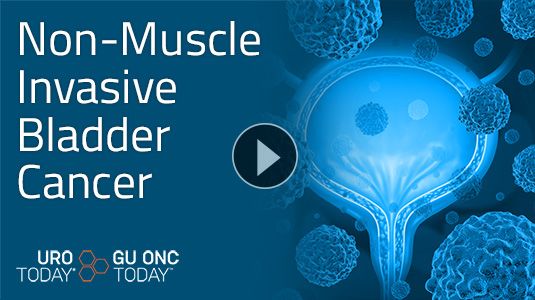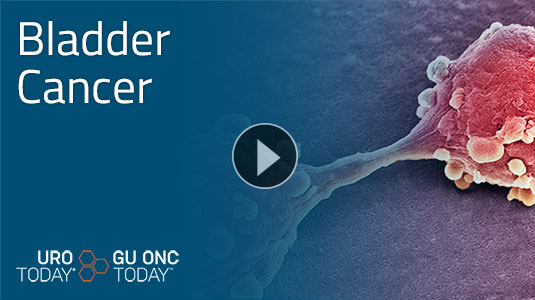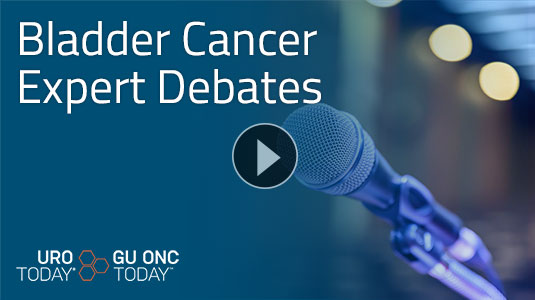- UroToday Home

- Transformative Evidence
Transformative Evidence
CS-003: in Patients With High-Risk, BCG Unresponsive NMIBC
- Patients with high-risk, non-muscle invasive bladder cancer now have greater access to the first and only FDA-approved intravesical gene therapy
- With full supply of ADSTILADRIN ahead of schedule, Ferring ends the temporary ADSTILADRIN Early Experience Program
- Enrollment in ABLE-41 U.S. Real-World Evidence Study is ongoing
Bladder cancer is a prevalent malignancy with limited therapeutic options, particularly for patients who are unresponsive to Bacillus Calmette-Guérin (BCG). The approval of interferon-α (IFNα) gene therapy with nadofaragene firadenovec (Adstiladrin®), the first gene therapy for genitourinary malignancies, has provided a promising alternative.
This article reviews the research and milestones that led to the development and approval of nadofaragene firadenovec. Bladder cancer is well-suited for gene therapy due to direct access to the bladder and the availability of urine and tissue samples for monitoring.
Read More- Ferring’s novel adenovirus vector-based gene therapy Adstiladrin® (nadofaragene firadenovec-vncg) is the first gene therapy approved for bladder cancer
- Efficacy and safety of Adstiladrin supported by Phase 3 results demonstrating that more than half of patients (51% of CIS ± Ta/T1 cohort) achieved a complete response (CR) at three months and of these, 46% continued to remain free of high-grade recurrence at 12 months
- Bladder cancer is the sixth most common cancer in the U.S.; Adstiladrin provides NMIBC patients a valuable alternative compared to an invasive bladder removal surgery
A newly published systematic review and meta-analysis: Evidence-based Assessment of Current and Emerging Bladder-sparing Therapies for Non–muscle-invasive Bladder Cancer After Bacillus Calmette-Guerin Therapy: A Systematic Review and Meta-analysis
Truckee, CA., [August 27, 2017] – The Society of Urologic Oncology and the Society of Urologic Oncology Clinical Trials Consortium (SUO-CTC) announced that the Journal of Clinical Oncology (JCO) has published results from a Phase II clinical study led by the SUO- CTC demonstrating the potential effectiveness of Nadofaragene firadenovec (Adstiladrin®) (rAD-IFN/Syn3) in patients with high grade, BCG refractory or relapsed Non-Muscle Invasive Bladder Cancer (NMIBC).
Read More
Read More





